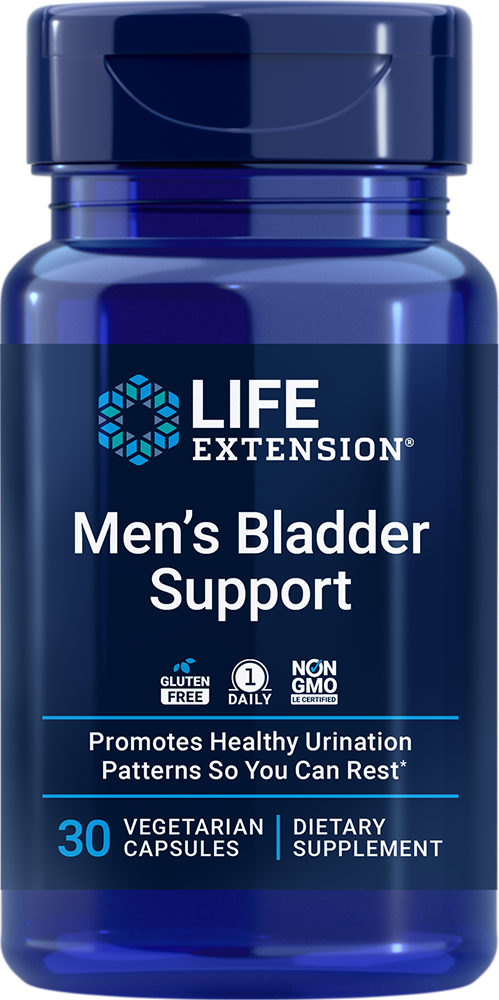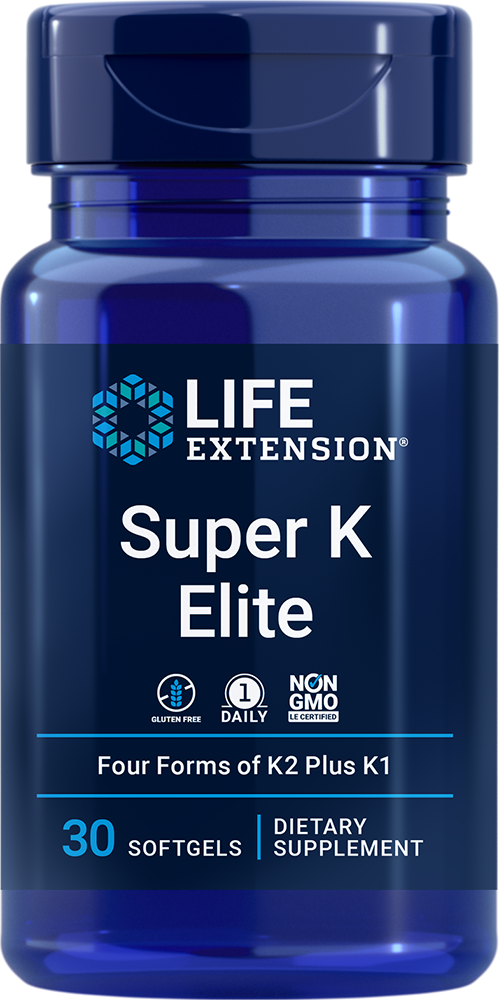
Newsletter
Newsletter
DHEA supplementation associated with improved sexual function in women



This issue of Life Extension® Update is the first in our "Best of Life Extension® Update” series, in which we take a look back at some of the most important stories in the field of life extension over the past several years.
July 16, 2019
A report published October 11, 2018, in the journal Endocrine, revealed improvements in sexual function among older premenopausal women who supplemented with the hormone dehydroepiandrosterone (DHEA).
In their introduction to the article, authors Vitaly A. Kushnir of the Center for Human Reproduction in New York and colleagues describe their use of DHEA in the treatment of infertile women who had low levels of androgen hormones. “In the process of treating thousands of so-affected infertile women, we noticed that many spontaneously reported improvements in libido, sexual desire and, sometimes, even pain status, leading to the paradoxical situation of women refusing to discontinue DHEA supplementation once they conceived,” they remarked. “When we, in a review of the literature, were unable to find a study that investigated the effectiveness of DHEA on female sexuality in older premenopausal women, this study was developed.”
The study included 50 infertile premenopausal women whose age averaged 41 years. The participants supplemented with oral DHEA for a minimum of six weeks prior to starting any other fertility treatments. Female Sexual Function Index (FSFI) questionnaires were completed and serum hormone levels were analyzed at the beginning of the study and four to eight weeks after initiating treatment with DHEA.
Serum androgen hormone levels, including DHEA and testosterone, were shown to increase following DHEA supplementation. In comparison with pretreatment scores, FSFI index scores improved by 7%, including a 17% increase in desire, a 12% increase in arousal and an 8% increase in lubrication. However, among women whose scores were among the lowest 25% of the group, total FSFI scores increased by 34%, which included a 40% increase in desire, a 46% increase in arousal and a 33% increase in lubrication. Women in this group also experienced a 54% increase in orgasm, greater satisfaction and less pain in comparison with pre-treatment values.
While women whose FSFI scores were indicative of sexual dysfunction benefited the most from DHEA, the fact that the study population as a whole experienced mild improvement suggests to the researchers that DHEA supplementation could positively impact the sexual well-being of women in this age group.
Diminished sexual response is a common complaint as people get older. While hormones like DHEA may sometimes help, what else can one do?
References
By answering a few simple questions, we will help you choose the brain health supplements that are right for you.
Take the Quiz

|
|
|||||||||||||||||
|
||||||||||||||||||

|
|
|||||||||||||||||
|
||||||||||||||||||
How Life Extension lab testing works
Connecting to Agent...
Who would you like to talk to?
Chat Hours:
Visit Contact Us or Call us:
7 days a week | 24 hours
Mon - Fri | 7:30 AM - 12 AM (ET)
Sat & Sun | 9 AM - 12 AM (ET)
How was your experience with our Agent?